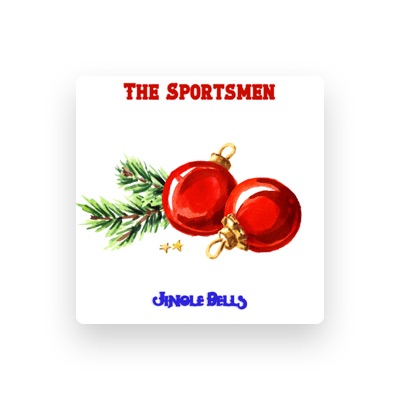

About Clyde McCoy

Hometown
Ashland, KY, United States
Born
December 29, 1903
Genre
Jazz
Clyde McCoy was a bandleader and trumpet player whose signature tune during the 1930s was "Sugar Blues" -- but his career extended well beyond that decade. He came from a family that was among the best known in the country, possibly in the world, but not for music -- he was a direct descendant of the McCoys of Kentucky, renowned for their long-running (and, indeed, legendary) feud with the Hatfields. His family left its home state when he was nine and moved to Portsmouth, OH, and it was while living there that he first took up the trumpet, as well as the trombone. It was on the latter instrument that he played with the Loyal Temperance Legion Band, at age nine. Before his teens he had switched to the trumpet and was playing at school and church events, and at 14 he found work playing on the riverboats, which still plied the rural Midwest, Southern, and border states in those days. By 1920, at age 16, he'd assembled his first band for a two-week engagement at a popular Knoxville resort. Miraculously, though they'd never performed together before their first gig, they proved quite popular, and their contract was extended to two months.
McCoy felt ready for the big time even though he was still in his teens and decided to make for New York City, but the next few years were frustrating as they never quite caught on in the right way, at the right moment to make the next step, whatever it might be, easy. Finally, in 1924, McCoy decided to try for a fresh start by moving the band to California, where they spent a few years working the area around Los Angeles. They started touring, and it was during this period that McCoy started using a mute on this trumpet, creating the "wah-wah" effect that became his signature on the instrument. In 1930, lightning finally struck when he was appearing with the band at the Drake Hotel in Chicago and performed "Sugar Blues." The audience responded well and soon it was getting carried over the radio, and a recording contract with Columbia Records followed in late 1930 -- the resulting 78 rpm single ended up selling millions of copies early the next year, no small feat in the depths of the Great Depression, which had generally started tearing up record sales. He also enjoyed more modest but still substantial hits with "In the Cool of the Night," "The Goona Goo," and "Wah Wah Blues," and made a successful single release of "Smoke Rings," which was best known as Glen Gray's theme.
McCoy made Chicago his base until the middle of the decade, appearing regularly at the Drake and also doing vaudeville engagements. They had developed a special brand of Dixieland-flavored swing music that found a ready audience in the midst of the big-band era, and the group also occasionally arranged musical face-offs with other, rival bands that proved extremely popular with patrons. They switched from Columbia to the Decca label in 1935 and continued to sell large numbers of records (including a new version of "Sugar Blues" that reportedly moved a million copies) for the remainder of the decade. He was also one of those responsible for co-founding Downbeat magazine. McCoy could have remained on the sidelines during World War II, but instead he and his band all enlisted in the United States Navy, where they were allowed to continue performing together, entertaining sailors and other troops, as well as patients at naval hospitals, for the duration of the war.
He returned to civilian life in 1945 and tried to restart the band, and they still had an audience at the time. He put together a big band that did well for a time, and even cut some important records, including a superb rendition of "Basin Street Blues," expanding considerably on the version he'd cut for Columbia in the early '30s; but gradually their audience declined with the shifting in public taste, and in 1955, the year that rock & roll took over the charts, he disbanded the group. McCoy and his wife, Maxine Means -- who'd been part of the Bennett Sisters, the vocalists for his band in the late '30s -- opened a club in Denver, where they were frequently featured on the entertainment bill, but it failed to pay its way, and McCoy was forced to resume performing to make a living, fronting a septet. He finally retired to Memphis in the late '70s, and started teaching music, with occasional performances thrown in whenever he could arrange them. He could be seen performing with Dixieland groups around Memphis until his health began to fail in the 1980s. ~ Bruce Eder
Similar to: Clyde McCoy
Discover more music and artists similar to Clyde McCoy, like The Little Red Blount Quartet, Members of the Tommy Dorsey Orchestra, New Orleans Jazz Band














